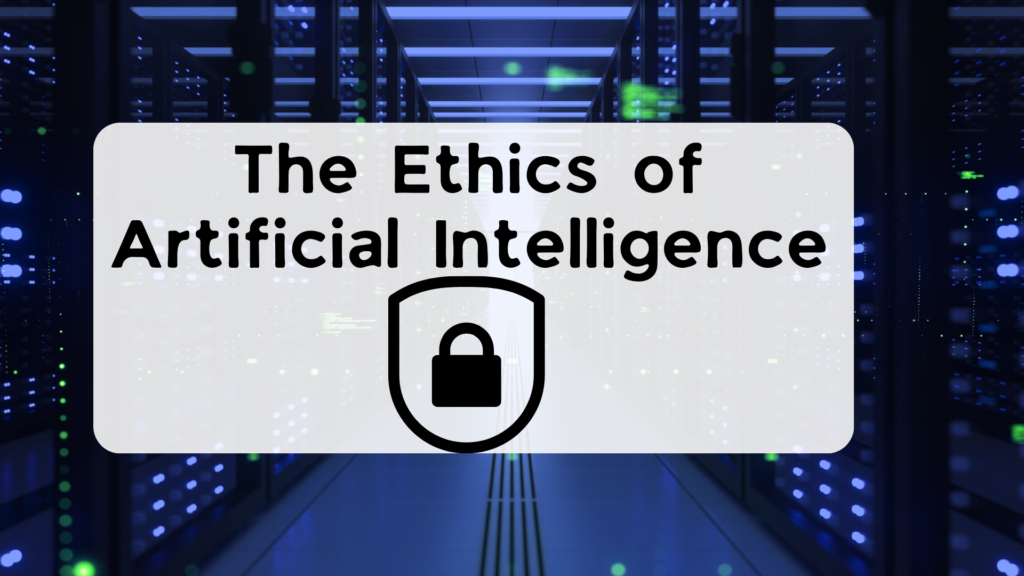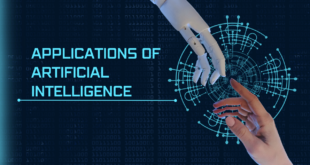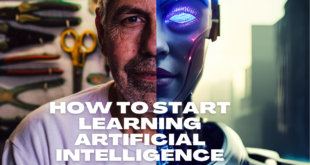
Artificial Intelligence (AI) has transformed many areas of our lives, from how we behave to how we work. But it also raises important moral dilemmas that we must resolve. Here we discuss some of these dilemmas, such as data protection, algorithmic bias, and autonomous decision making. These ethical dilemmas are crucial to understanding how we can use artificial intelligence responsibly and fairly. By addressing these challenges, we can ensure that AI is used in ways that benefit everyone, not just the few.
Data protection
Artificial intelligence often requires large amounts of data to work effectively. However, this may raise privacy concerns. How is this data collected and used? Who are they available to? How are they protected? These are important questions that need to be addressed to ensure that artificial intelligence is used ethically. It is also essential to consider various regional data protection laws and regulations, such as the EU General Data Protection Regulation (GDPR). It is also important to implement strong security measures to protect data from unauthorized access. Finally, transparency of data usage can help gain public trust in artificial intelligence
Algorithm bias .
Algorithm bias refers to the tendency of artificial intelligence systems to produce biased results due to bias in the training data. This can lead to unfair or discriminatory decisions. It is critical that AI developers are aware of this problem and take steps to mitigate it. To prevent algorithmic bias, developers can use fair machine learning techniques to reduce bias in AI models. Additionally, it is important to consider the diversity and representativeness of the training data, as biased data can lead to biased AI models. Finally, the transparency and explainability of AI models can help identify and correct algorithmic biases
Independent decision making
As artificial intelligence becomes more advanced, it gains the ability to make decisions on its own. This raises ethical questions about accountability and responsibility. Who is responsible if artificial intelligence makes wrong or harmful decisions? How to ensure that artificial intelligence makes fair and ethical decisions? Establishing a clear accountability system is critical to addressing these challenges. This may include creating regulations that require AI developers to consider and mitigate potential risks to their systems. Additionally, explainable AI techniques can be used to understand how AI makes decisions. This can help identify and correct unfair or harmful decisions. Finally, involving multiple stakeholders in the AI decision-making process can help ensure that different perspectives are taken into account and bias is reduced.
Briefly said
Although artificial intelligence offers many opportunities, it also raises important ethical dilemmas. It is vital that we continue to discuss these issues and work to ensure that artificial intelligence is used ethically and responsibly.
 Creative agency information Information about media, marketing y creative
Creative agency information Information about media, marketing y creative



